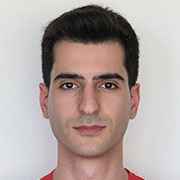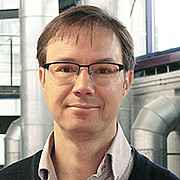Sie befinden sich hier
Inhalt

Graduate: John Jbeily
My current research employs hiPSC-derived motor neurons to explore the intricate relationship between differentiation states and cellular metabolism at the single-cell level during normal cellular maturation. Additionally, my project involves modeling the neuromuscular junction to observe the impact of metabolic disorders, such as dysglycemia, on its maturation.

Supervisor: Prof. Dr. Rüdiger Rudolf
r.rudolf@hs-mannheim.de
CeMOS, University of Applied Sciences Mannheim
www.researchgate.net/profile/Ruediger-Rudolf
